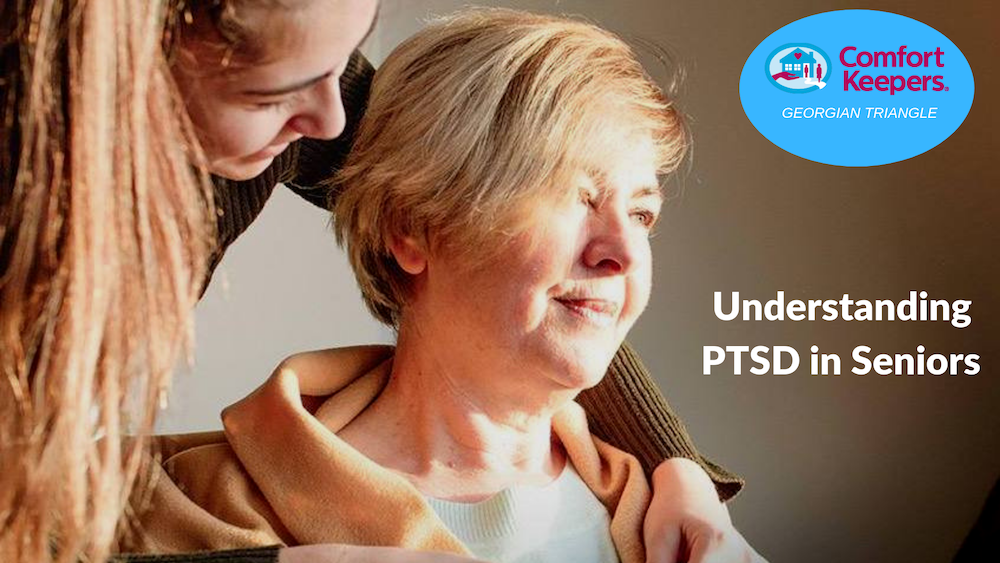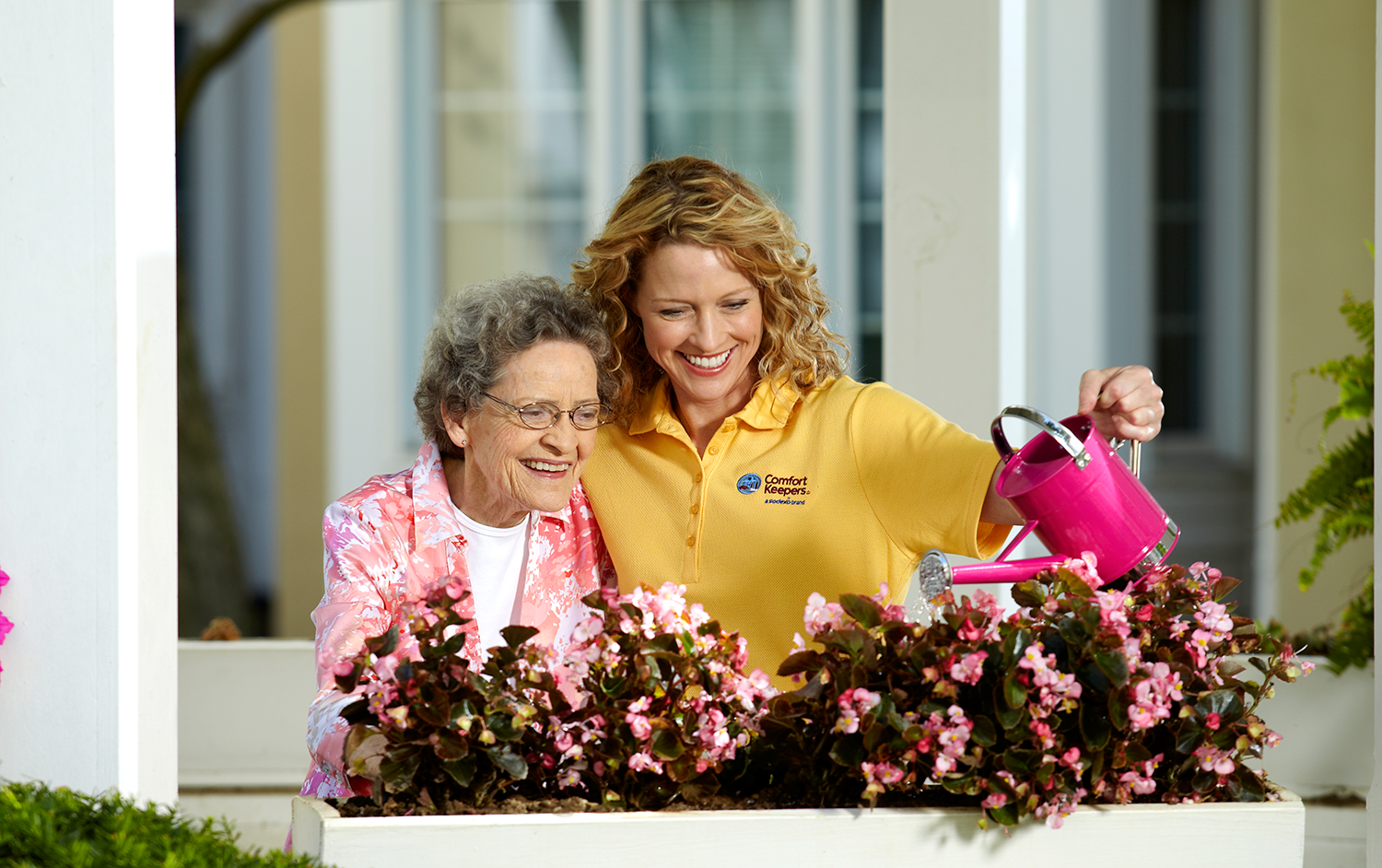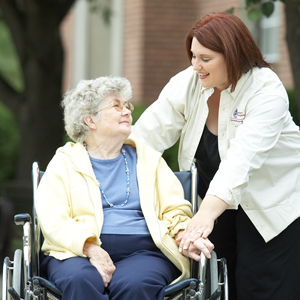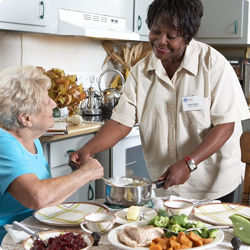Understanding PTSD in Seniors
Senior Therapy | July 9, 2019

PTSD in Seniors
PTSD develops in approximately 1 in 3 people who go through serious trauma. PTSD in seniors happens to approximately 70-90% of people over 65 years. This can include anything from the death of a loved one, military combat, car accidents, illness or injury, natural disasters, a disease diagnosis or other events that may have significant physical or psychological impact.
It’s estimated that 70-90% of people over the age of 65 have been exposed to at least one traumatic event in their life.
Many people experience negative feelings after experiencing a traumatic event. However, when these negative feelings last for a long period of time, cause someone to relive the trauma or have daily impacts, that person could be suffering from Post-traumatic Stress Disorder (PTSD). For seniors, it’s not uncommon for symptoms of PTSD to be a result of traumatic events that happened earlier in their lives or to occur after a major fall, a heart attack or other serious health events.
For seniors with PTSD, symptoms can include flashbacks, depression or anger, fear, self-isolation, outbursts or trouble sleeping. These symptoms can be difficult to identify or mistaken for other age-related conditions.
There are treatment options for seniors experiencing PTSD. It is recommended that anyone experiencing PTSD symptoms consult their physician to establish a plan of treatment to successfully manage symptoms.
PTSD in Seniors: Treatment Options
- Lifestyle changes – for some, keeping active and engaged can help manage PTSD symptoms. This can include anything from starting a physician-approved exercise regimen, volunteering, getting involved in community activities, or finding ways to increase mental stimulation.
- Medicine – there are medications that can help seniors with PTSD. For seniors that are prescribed medication, it’s important to schedule regular check-ins with a physician and to be open about the positive and negative effects of medications.
- Therapy – individual or group therapy can be a great resource for seniors with PTSD. There are multiple types of therapy, with different goals and methods for each. Cognitive Processing Therapy, Prolonged Exposure therapy, Eye Movement Desensitization and Reprocessing, and Stress Inoculation are types of therapy specifically created to help with PTSD symptoms. Seniors that are interested in starting therapy should talk to their doctor about the type of program that might work for them.
- Sharing experiences – talking about the traumatic event that caused the PTSD can also bring relief and foster connections that may be beneficial for a senior’s physical and mental health. This can be a conversation with a friend or joining a support group – it’s important for people to share in an environment where they feel supported and understood. It can be difficult for someone with PTSD to talk about their experiences, but for many this may be a necessary step for managing symptoms.
Comfort Keepers® Georgian Triangle Can Help
If you are concerned about the health and wellbeing of your aging loved ones we can help. Comfort Keepers®’ trained caregivers help provide senior clients with the highest quality of life possible to keep them happy and healthy at home. Our Interactive Caregiving™ provides a system of care that addresses safety, nutrition, mind, body, and activities of daily living (ADLs).
What’s more, our trained caregivers are selected with one specific quality in mind: empathy. Care that is empathetic is care that starts in the heart, and it allows us to meet our clients’ exact needs. Learn more about our unique service offering by contacting the Comfort Keepers Georgian Triangle office.
If you live in the Collingwood, Midland, Owen Sound area, contact Comfort Keepers at (705) 293-5553, or email us at georgiantriangle@comfortkeepers.ca
Comfort Keepers Georgian Triangle is here to help you and your loved ones get the best care possible.
References
Mayo Clinic. “Post-traumatic stress disorder (PTSD).” Web. 2018.
Psychiatric Times. “PTSD in Late Life: Special Issues.” Web. 2018.
American Psychiatric Association. “What is Posttraumatic Stress Disorder.” Web. 2013
Everyday Health. “When a Health Crisis Leads to PTSD.” Web. 2012.
Individualized Home Care Options
Long-Term Home Care, 24 Hour Home Care & Short Term Care Options Customized for You







